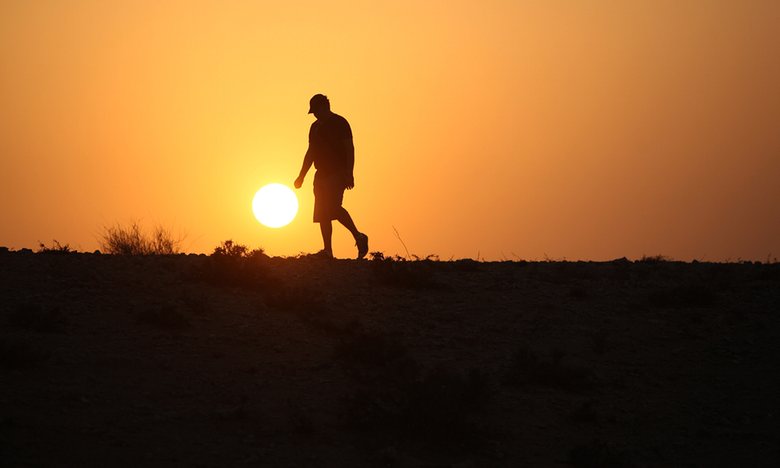As the centenary of the last ‘great’ successful cavalry charge approaches, the battle is set to be wrongly evoked as testimony to the ‘special’ Israel/Australia relationship.
It’s 99 years today since soldiers of the 4th Australian Light Horse Brigade took part in what is generally regarded as the last “great” successful cavalry charge.
So in a year we can expect the Australian – and Israeli – governments to go overboard on commemorating an event that has never received the considered national attention it warrants.
The story of what happened at Beersheba in Palestine (today’s rather inhospitable Israeli city of Be’er Sheva) has long been eclipsed by the intensive commemoration, since the 1980s, of other Australian military events – most notably the failed invasion at Gallipoli in 1915 and dramatic, later, Australian casualties on the European western front.
But the federal government is now cashed up (with some $600m at last count) to spend on commemoration until the end of 2018. And, so, Beersheba will get its moment.
It will pay to listen closely and to be wary about what you might hear from the Australian and Israeli governments. Israel? It didn’t exist, of course, at the time of the charge, which took place in what was then Ottoman Palestine. But Israel has gone to some lengths to claim what happened as something of a formative step in its establishment.
Read the article by Paul Daley in The Guardian.

